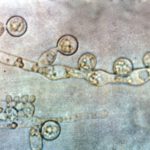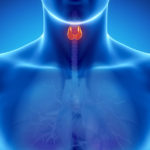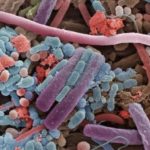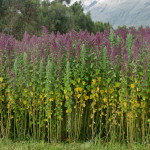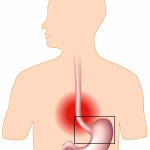Delve Deeper
Nutrition Blog
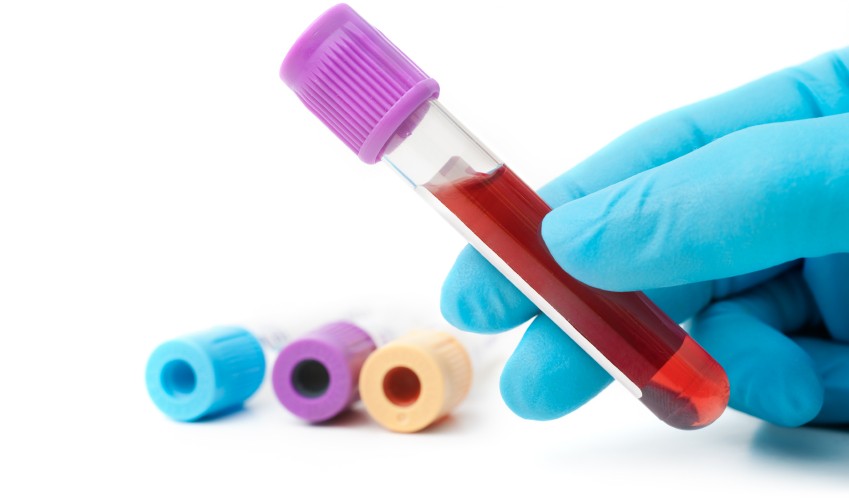
Cholesterol: friend or foe?
Cholesterol plays a variety of essential roles in the body, yet receives a very bad press for contributing to heart disease, while cholesterol-lowering statin medications continue to be heavily prescribed worldwide. Our body produces much more cholesterol than we...

Feed your genes: how our genes respond to the food we eat
What should I eat? 'Have you ever wondered why some people can eat a high fat diet and have no problem with cholesterol, or why others can have an after-dinner espresso and not be kept awake all night?' Nutrigenomics is an emerging science which investigates how the...
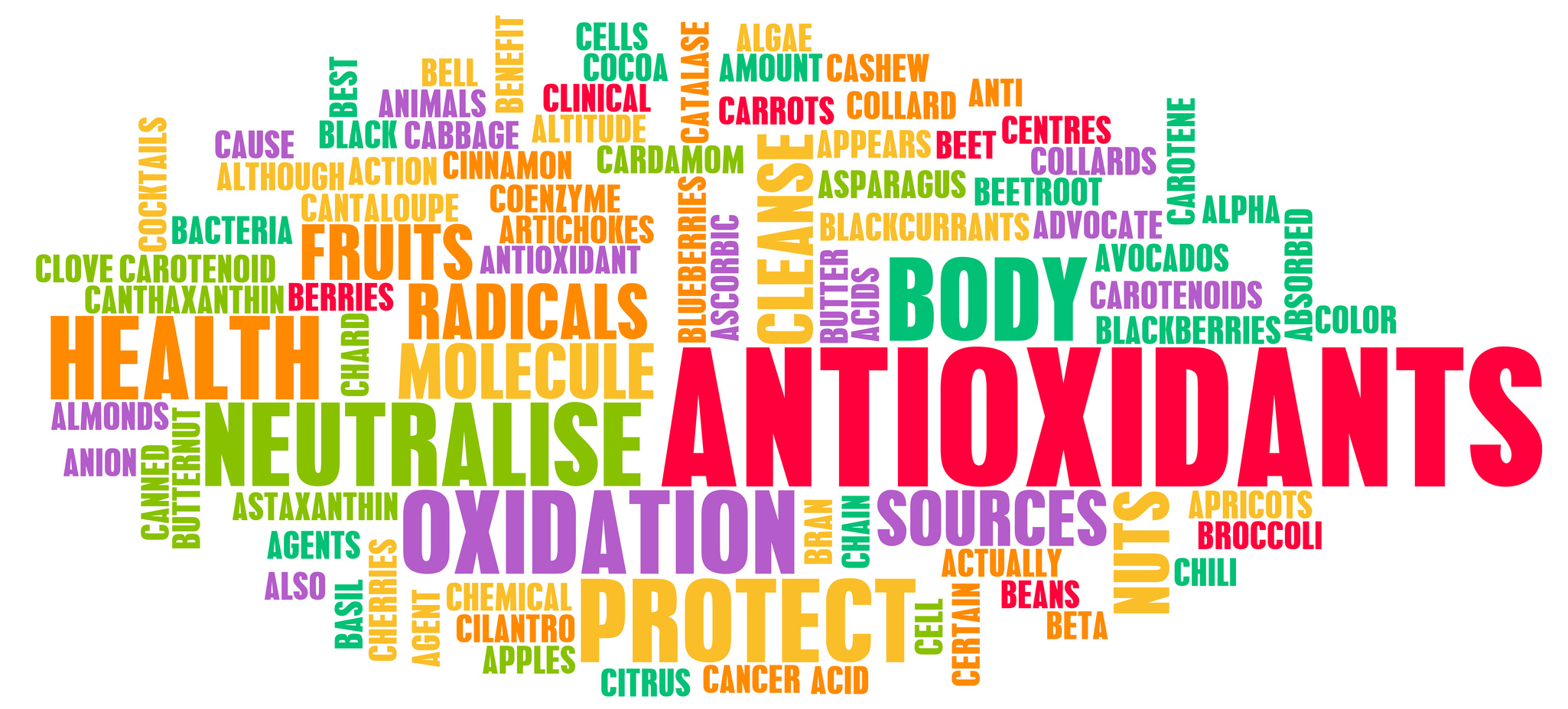
Glutathione: the unsung hero of antioxidants
Glutathione is considered by scientists to be one of most powerful antioxidants, yet remains relatively unknown, compared to other nutrients. Manufactured in every cell in the body, but produced in large amounts by the liver, glutathione is made from three building...
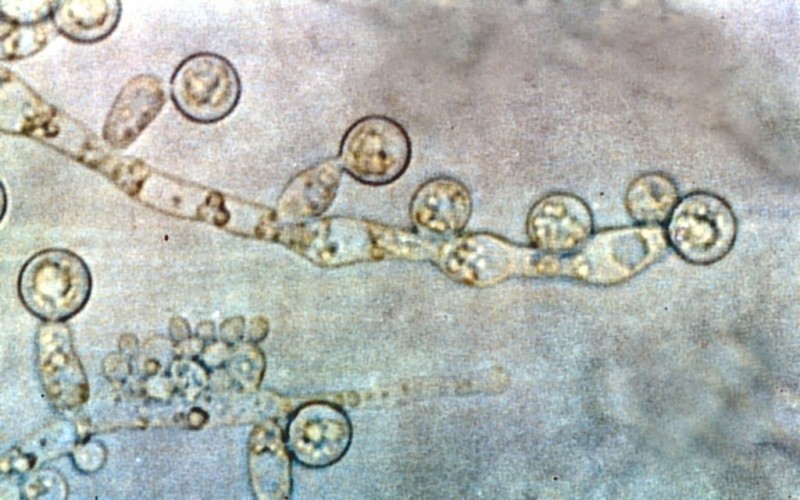
Shape-shifting Candida albicans: yeast, fungus, or both?
What is Candida albicans and what causes an overgrowth? Candida albicans is one of a variety of Candida species of yeasts which are found naturally in the human digestive and genitourinary tracts, mouth and skin 1, 2 and is one of the only types of fungal organism to...
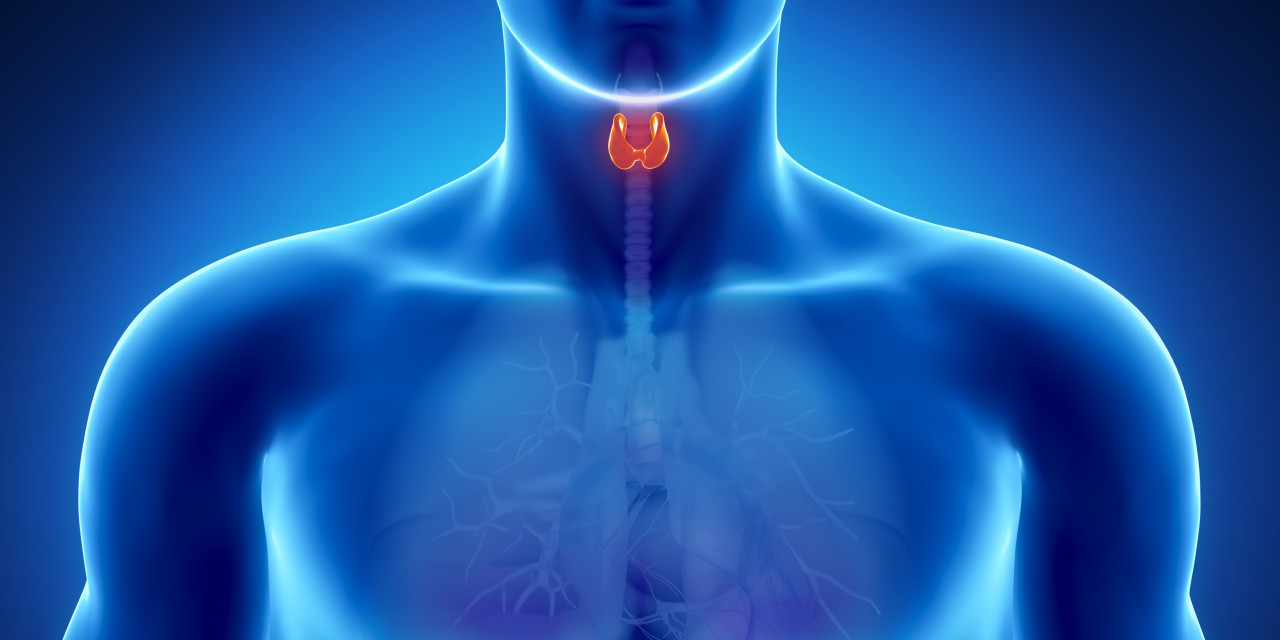
Hypothyroidism: life with the parking brake on
Hypothyroidism, otherwise known as ‘underactive thyroid’ is one of the most common endocrine diseases, second only to diabetes.1 Symptoms vary widely and include tiredness, weight gain, dry skin, intolerance to cold, constipation, muscle weakness, impaired memory,...

The influence of gut bacteria on obesity
Gut bacteria are currently the subject of a huge amount of exciting and ground breaking research. Scientists are now able to analyse hundreds of what are possibly a thousand or more species which live inside your body, making up your personal microbiome. They are...

Natural approaches to prevent urinary tract infection (UTI)
Almost half of all women will experience a urinary tract infection (UTI) in their lifetime. The most common UTI is cystitis, an infection which develops in the lower urinary tract and affects the bladder and urethra. However, it can extend to the upper tract, where...
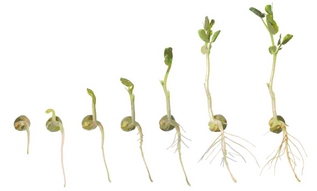
Give a shout-out to sprouts!
In terms of packing a nutritional punch, there are few foods which score as highly as sprouted seeds and pulses, like sprouted broccoli, alfalfa, radish, mung beans, chickpeas and lentils. The process of germination, or sprouting, is demonstrated to increase levels...

Acne: ‘diabetes of the skin’
Acne vulgaris is an inflammatory skin disease which is most often associated with the onset of puberty, 1 affecting around 85% of teenagers. 2 However, it has become increasingly common in the past 50 years, notably among adult women. 3 The precise mechanisms of...

Insomnia: what to eat for better sleep
Defined as ‘the inability to obtain an adequate amount or quality of sleep’, insomnia can have debilitating effects on daily life. Difficulty falling asleep, waking during the night, or waking very early, can be linked to a multitude of factors, including stress,...




